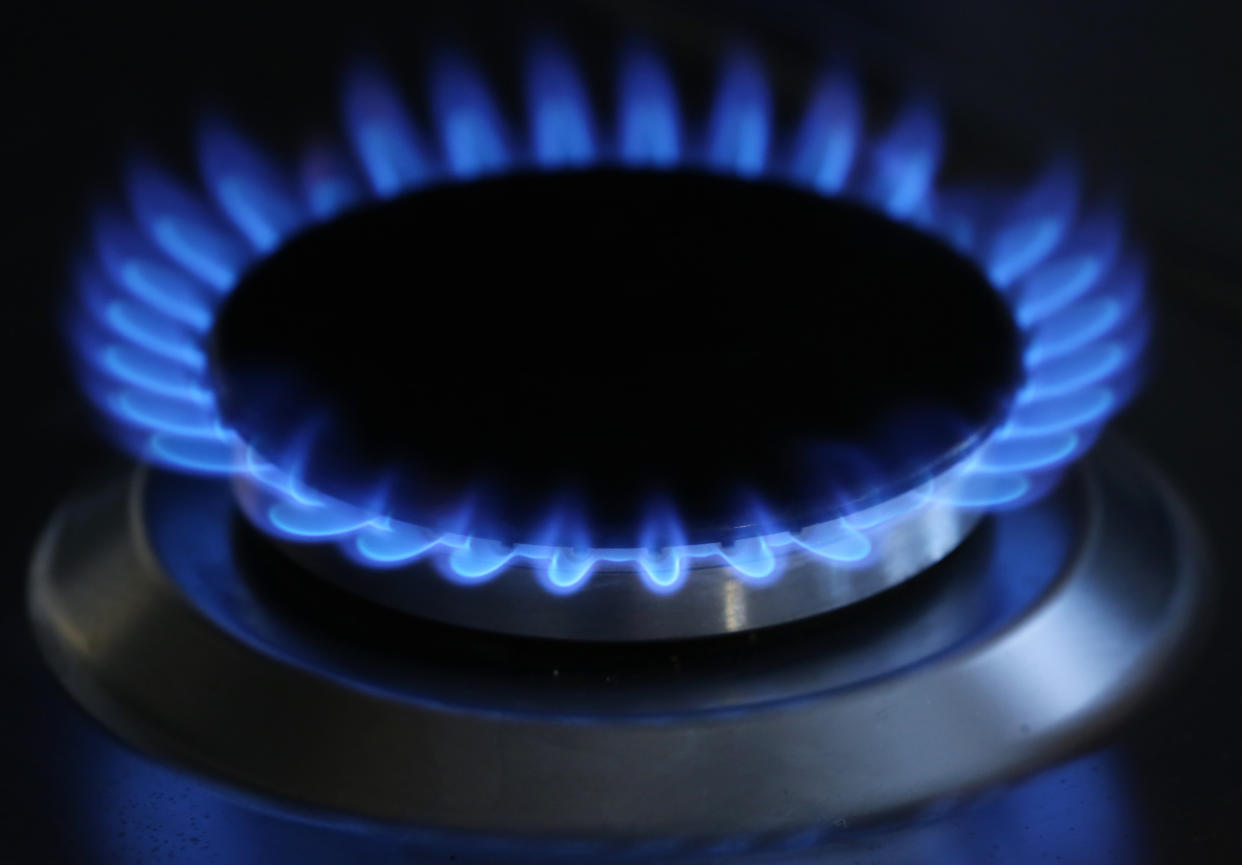Cost of living crisis: One in three Brits fear they won’t be able to afford energy bills this year

The extent of public anxiety about the soaring cost of living has been laid bare by a new poll.
One in three Britons expect their gas and electricity bills to become "more expensive than they can afford" in 2022, with two in three saying they were "worried" about rising prices, according to research by YouGov for The Times.
Brits are facing spiralling costs due to rising inflation and tax rises this year, and experts predict energy bills could increase by up to 50% in the coming months.
Read more: Energy crisis: What is fuel poverty?
Watch: Martin Lewis 'near to tears' as he's unable to help single mother pay energy bills
The Resolution Foundation think tank has said 2022 could be "the year of the squeeze" and that the country faces a "cost-of-living catastrophe", warning that the typical household will be over £1,000 worse off.
Paul Johnson, the director of the independent think tank the Institute for Fiscal Studies (IFS), said last week that tax rises, fuel prices, and inflation could create a situation "worse than the financial crisis" for millions.
The YouGov survey, which polled 1,744 people last week, found 56% of respondents said they believed the cost of living would "rise a lot" – just 4% said they believed it would remain the same.
When it comes to taxation, 43% wanted planned rises in National Insurance cancelled, with 37% saying they should go ahead as planned.
There have been calls in recent weeks from both opposition MPs and those within Boris Johnson's own party for VAT on energy bills to be cut.
In January, 20 Conservative MPs - including five ex-ministers - wrote in The Telegraph: "We hardly need to point out that high energy prices, whether for domestic heating or for domestic transport, are felt most painfully by the lowest paid."
Senior Tory Jacob Rees-Mogg has reportedly lobbied for the government to drop planned increases in National Insurance in April amid fears that poorer households will be unable to cope with rising taxes and costs at the same time.
Read more: British Gas suggests VAT suspension on energy bills to help consumers
Labour have criticised the tax rises, and said that they would "immediately" slash tax on energy bills in response to the crisis.
"With costs of food and fuel soaring, millions are feeling the pinch, with older people feeling the hit from rising energy prices especially hard," said shadow chancellor Rachel Reeves on Friday.
“Labour would immediately cut VAT on domestic energy bills to ease the burden on households during winter.
“Given they’ve just loaded working people with the biggest tax burden in 70 years this Conservative government should get a grip and tackle this crisis – but instead they just continue to sit back complacently, trapping us in a high tax, low growth economy.”

Rishi Sunak has rejected calls to shelve rises in National Insurance, saying he will not "duck difficult decisions" and that the rises were needed to fund social care.
The prime minister also rejected calls to slash VAT on energy bills - calling such a move a "blunt instrument" last Tuesday.
Johnson said: “The difficulty is that you end up also cutting fuel bills for a lot of people who perhaps don’t need the support in quite the direct way that we need to give it.”
On Monday, the PM said he had met with the chancellor to discuss the cost-of-living crisis over the weekend and that the government are "certainly looking" at what they can do.
Watch: UK inflation leaps to 10-year high


